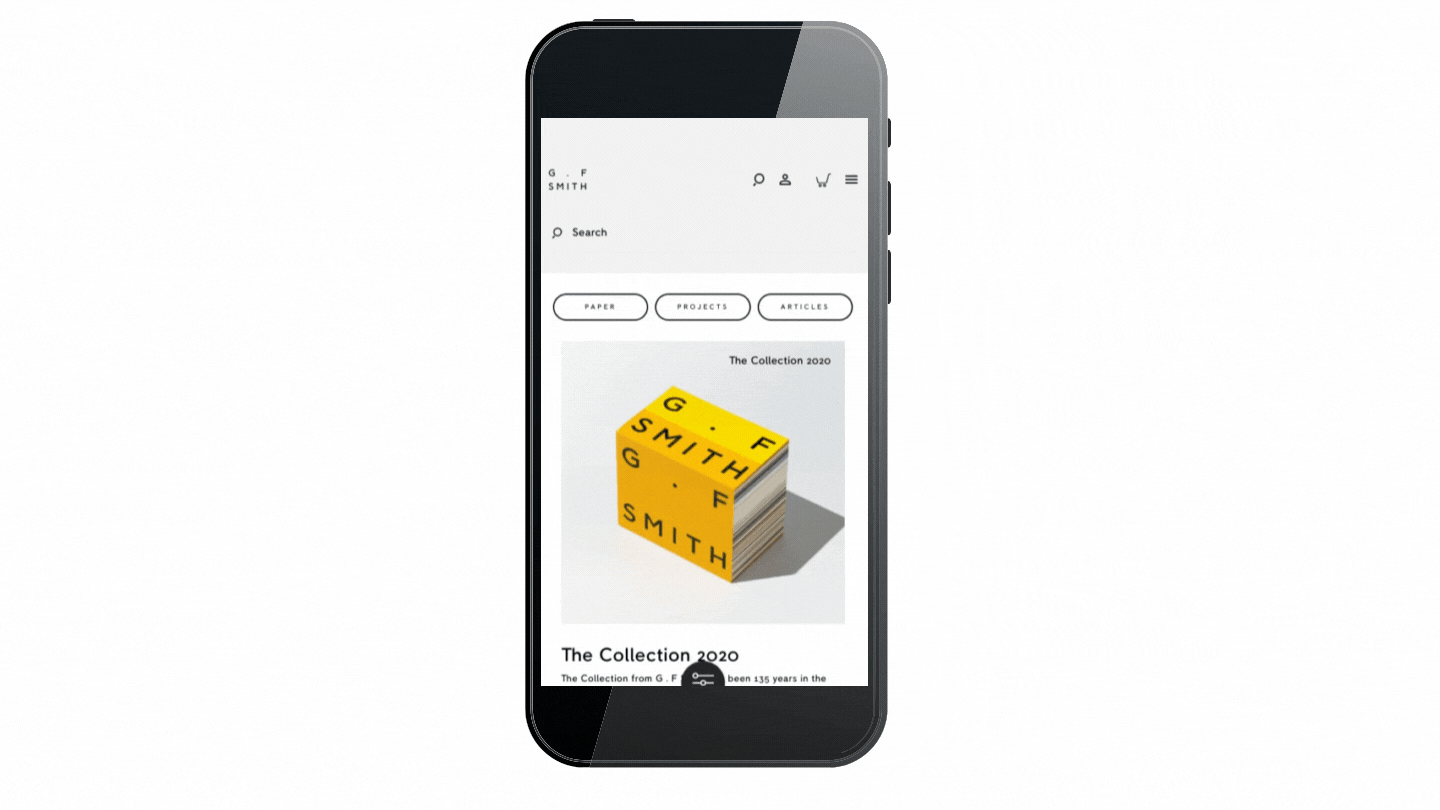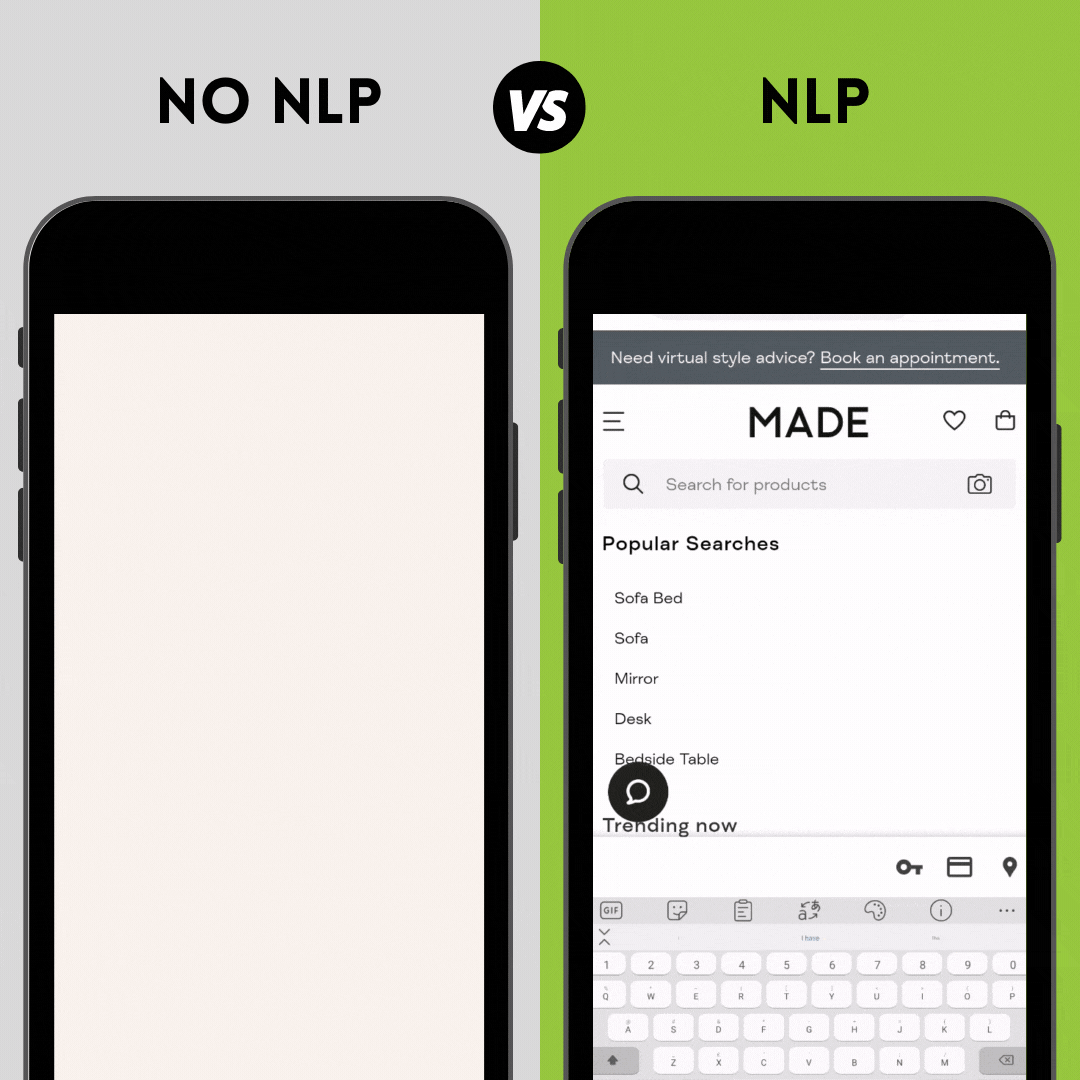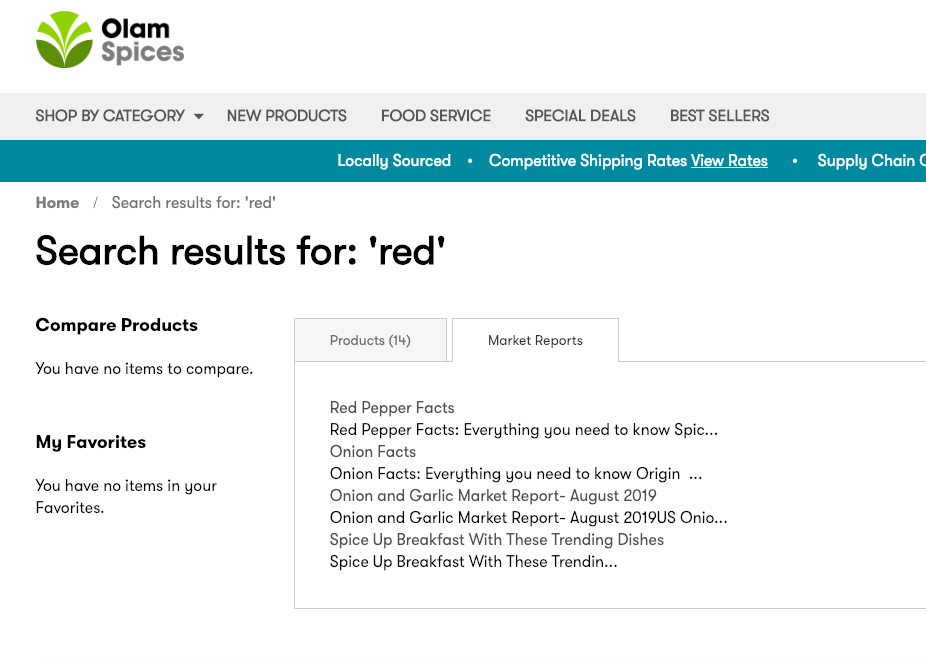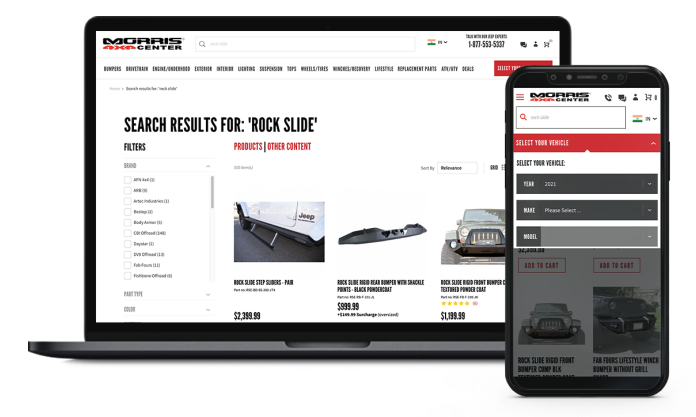
7 Ways to Boost B2B and Wholesale eCommerce Revenue
For B2B retailers, it’s no longer enough to simply have a functioning eCommerce website. Instead, you must be able to replicate the same B2C website experiences with which shoppers are familiar in their personal lives.
Shoppers want robust product information. They want advanced search capabilities, so they can quickly find the specific products they’re looking for. And of course, they want to do it all from their mobile devices.
As much as 80% of B2B buying decisions are based on a buyer’s direct or indirect customer experience, with only 20% based on the price or the actual offering. Part of this change in expectations can be attributed to the growing millennial numbers in the workforce. For instance, in 2020, close to half of B2B buyers were millennials — nearly double the amount from 2012. Not only are they in the workplace, but millennials are also much more involved in making business decisions. A recent report found that 44% of millennials are making purchasing decisions while 33% say they are key influencers or recommenders in the purchasing process.
So, what can you do to capture their needs and create compelling customer experiences?
1. Enrich your product catalog

In the beginning, all search engines were “the same,” they relied on keywords and manual inputs. Merchandisers were left to scour Analytics to find out the search terms that are resulting in zero results. At that point, they would update their catalog. But as that kept happening, they would find they were unable to accommodate the number of words necessary in product titles and descriptions. Then, systems opened the back end and enabled merchandisers to add synonyms there, so they didn’t need to keep adding keywords to the front end. Sounds good, right?
The problem with this approach, however, is a customer had to be shown a ‘no results’ page first in order for the retailer to know synonyms needed to be added, resulting in a poor experience. By the time the synonym was added to the system, the real customer was gone, possibly never to return. Enter Klevu.
Klevu AI helps retailers automatically add relevant synonyms to their product catalog without any manual work. It takes a product feed, considers the context of a store, and injects synonyms so whatever way a shopper is searching, they will find relevant products. For example, if they type in “jeans,” denim will appear. If they search for “beige,” neutral will also appear. And no customers are hit with unnecessary “no results” pages.
Klevu’s product catalog enrichment is a huge time saver for B2B and wholesale businesses who may have large catalogs that update frequently, as well as customers who come back to the website over and over again, searching for items their own unique way.
2. Make your search look sensational

Once your products are findable by any query, it’s essential to make search the most magnetic journey on your website. It’s a fact that traffic through site search converts 3-5x better than non-search journeys.
First, build a search overlay that immediately displays recommendations right when the shopper clicks into the search bar. Second, exposing the search bar in your main navigation encourages the use of search in the first place. When you expose the entire search bar in your website header, you’re not only encouraging the use of search, you can even make search more appealing. Typically, this really benefits mobile journeys. Brands that use Klevu have seen a 44% increase in orders from mobile search when exposing the search bar.
As you can see here on GF Smith, a paper manufacturer and supplier, the search bar is not only exposed, it is highlighted with moving text that describes what the shopper can do.

For a B2B or wholesale brand, you might explain to your shoppers that you can search using complex descriptions like patterns, price range, or brand. A good eCommerce search engine will be able to support natural language queries such as these.
3. Eliminate dead ends

Shoppers will abandon the website if they are faced with a dead end like a zero results page, instead of trying a new search or considering maybe the product is there, but it just didn’t surface.
B2B retailers often have to factor in a wide range of search terms. Customers may search by SKU, a part or model number, a trade name, or any number of other identifiers. With this in mind, it’s vital to ensure your eCommerce store’s product discovery solution has the most advanced capacity for interpreting shopper intent.

Natural Language Processing (NLP) based search focuses, not on the keywords, used but on their actual meaning. For example, a customer may search for “spotty socks” and be served with a range of polka dot socks, even if the term “spotty” does not appear in any of the associated product information.
This sidesteps the issues that arise from users inputting a wide range of search terms as they try to second-guess what the store they’re browsing will recognize. By bringing up products that are likely to meet the criteria of the customer, but which do not feature any of the words of their search query within their listing, businesses can ensure higher customer satisfaction and better conversion rates.
The bottom line – using an eCommerce search engine with NLP processing can boost eCommerce conversion from search by 12%.
4. Merchandise, but with the help of AI

AI isn’t creepy, it’s customer-centric. Merchandisers can waste hours over-merchandising their stores only to realize that shoppers are digging for products a different way, using filters and re-ordering. Klevu allows retailers to balance AI and control by merchandising just enough and letting the AI do the rest, based on real trending data.
A great example of this expertise in action is in relation to seasonality, which can be incredibly important in the B2B space. Retailers need a way to be able to promote certain products at specific times. Knowledge that certain seasonal shifts are about to kick in means that the right products can be boosted even before AI picks up on the demand and promotes the trend.
Additionally, at different times of the year, retailers may wish to prioritize or promote stock within a small window of time that is about to fall out of favor, or that commands higher profit margins. Again, this is all reflective of a deep and personal understanding of your own B2B vertical that should be integrated into your on-site search.
A product like Klevu gives you the opportunity to override the algorithms and merchandise in advance. This means that B2B customers have complete control when it comes to fine-tuning their SRLPs and Category pages.
In addition, Klevu offers an eCommerce personalization engine that creates eCommerce experiences that align with an individual shopper’s motivation.
5. Search-powered product recommendations

Another way to avoid dead ends on your website is to constantly refresh your product recommendations, and include them on multiple page types including homepage, product listing pages including search and categories, product detail pages, and in the basket. Product recommendations featuring complimentary suggestions or recommendations based on recent browsing history can have a real impact on average order values, at least a 7% increase.
Making sure you can keep them fresh without too much resource overhead is really important, though. It’s impossible to do this at scale manually, but an AI solution like Klevu Smart Recommendations uses insights from search to constantly refresh product recommendations to be in line with shopper intent.
Eurokangas, a Finnish fabric supplier, has a large product catalog, with some merchandising categories containing hundreds or even thousands of products. Eurokangas saw rapid improvements across a range of KPIs after implementing the full Klevu Discovery Suite: Smart Search, Smart Category Merchandising, and Smart Recommendations.
Within just 2-weeks, and with minimal manual effort, click-through rates on category pages more than doubled, and conversion rate across mobile and tablet, which make up more than 60% of visits to the site, increased by 20%.
6. Curate Content With On-Site Search

By integrating high-quality content such as buying guides into B2B and wholesale eCommerce websites, retailers can give trade customers a reason to keep coming back to buy from them.
Some on-site search solutions allow store owners to enable content-based results such as blog posts or targeted buying guides that appear in-line with search results. This is fantastic for B2B retailers as it enables them to serve highly-focused and specialized content to customers who are already displaying a strong indication of intent to purchase.
An excellent example of this tactic in action comes from Olam Spices. When a search term is entered into its B2B site, products are recalled, but so too are market reports and articles giving a broad range of relevant and interesting industry content. By displaying this content, Olam helps inform and educate customers, while ensuring they find the right product for them. At the same time, the merchant cements its reputation as a leader and expert in its field.
7. Get Smart with Filtering & Facets
One of the key issues B2B retailers face regarding the product discoverability of their online stores is the tendency towards large and highly technical product catalogs. If customers can’t find what they need on your website, they know chances are good they can find it quickly on a competitor’s site.
Give your customers the ability to narrow down search results and help them hone in on the exact product they need as quickly as possible.

Klevu developed an advanced search function for B2B and B2C retailers in the automotive sector that allows shoppers that know exactly what they are looking for, to choose the make/model/year within search. How it works: Within the product data, associations are made between products suitable for different car makes and models and/or years of a car. So, a shopper can drill down to their specific make/model/year and see products compatible with their choice at the top of the product list. As you can see here with Morris 4x4 Center, the chosen make/model/year persists for the whole session, including subsequent searches, until cleared or changed by the shopper.
So, what’s next?
At Klevu, we believe that great customer experience isn’t reserved for B2C retailers and that technology and innovation aren’t the privileges of a chosen few. B2B buyers are digitally savvy, potentially even digital natives.
Klevu has helped retailers power their on-site search, category merchandising, and product recommendations. Typically, the uplift for most eCommerce brands is:
- Conversion from search increases by 6x
- Average order values increase by 6%
- Site-wide eCommerce conversion increases by 15%
Klevu helps B2B and wholesale brands create magically personal and relevant product discovery journeys that appear effortless, and build brand equity by delighting shoppers at every click, swipe, or search. Get a free product discovery audit at klevu.com/audit
Subscribe to our newsletter to ensure you never miss B2B eCommerce insights, trends, and new technology from our team. Don’t forget to follow us on Twitter, Linkedin, Instagram, and Facebook too!
Recent Comments